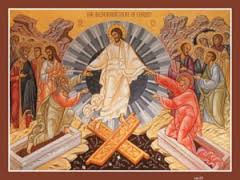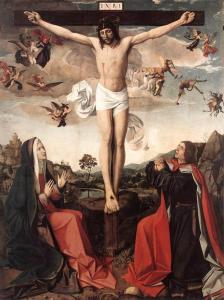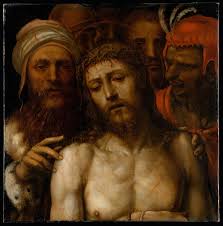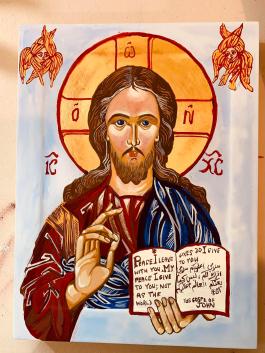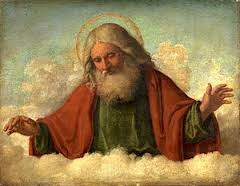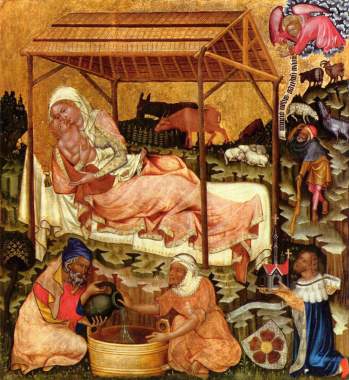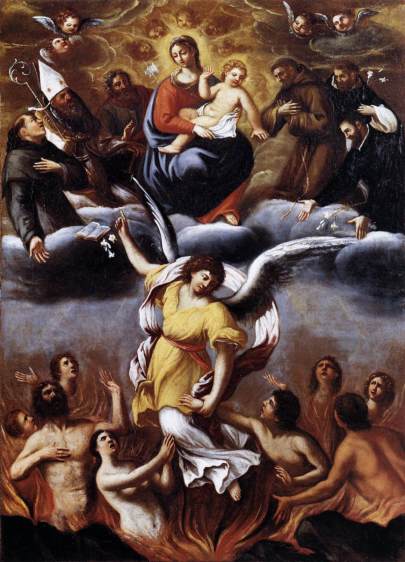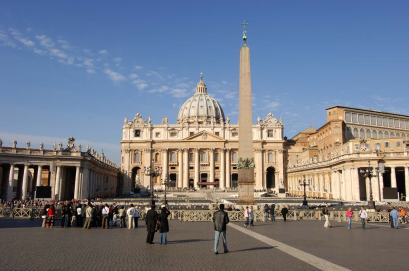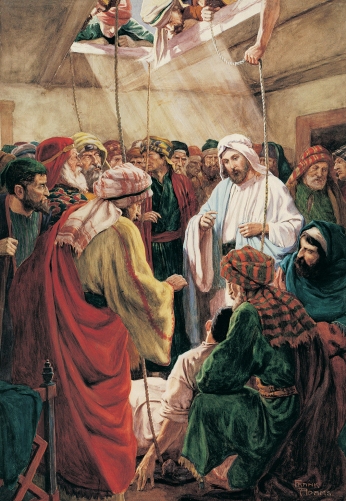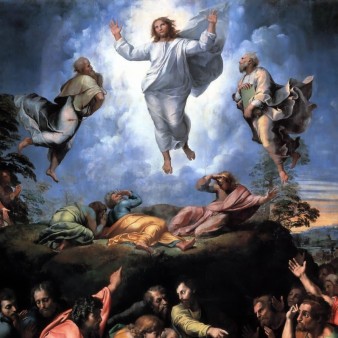The resurrection of Christ brings light into a world in darkness. That darkness may be of unbelief, of sin, of lack of hope. In all cases, Christ is the light who can dispel the darkness with the light of his Resurrection. In this meditation we consider how we can respond to this light of Christ in three ways:
- Accepting the light
- Keeping the light alive and making it burn more brightly
- Sharing the light with others
